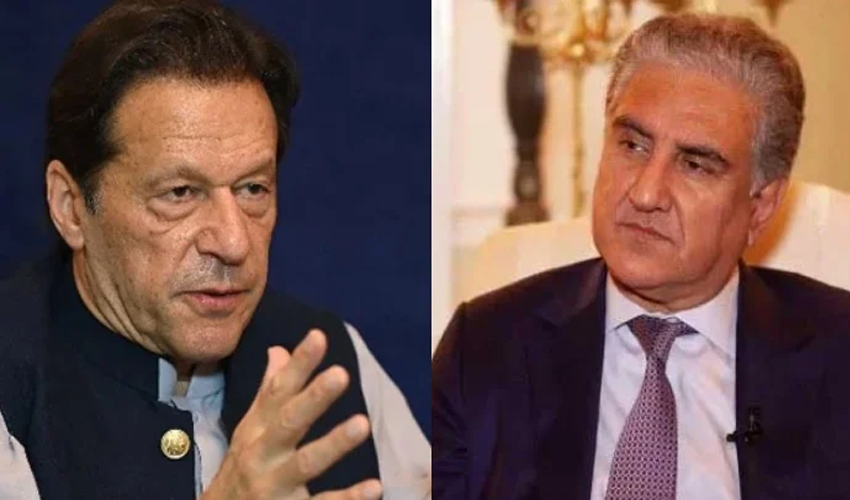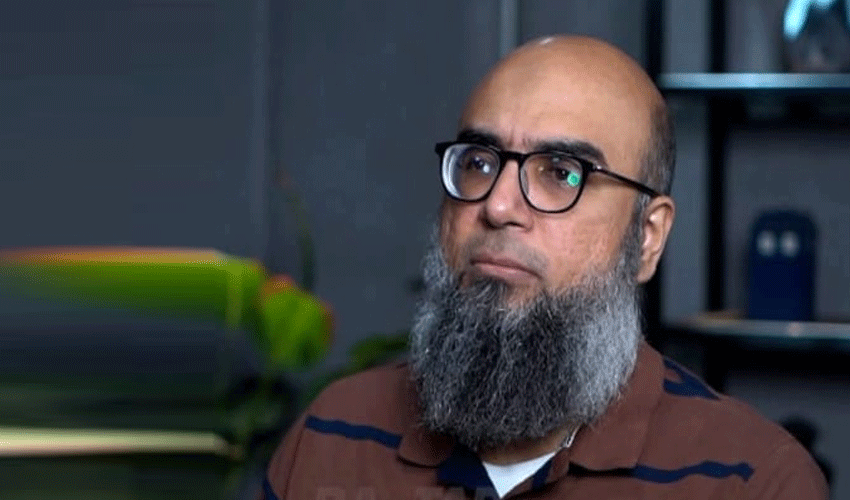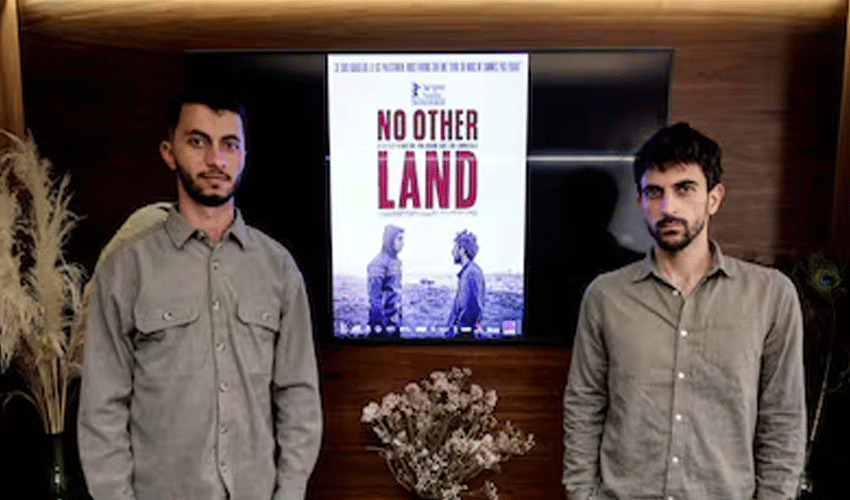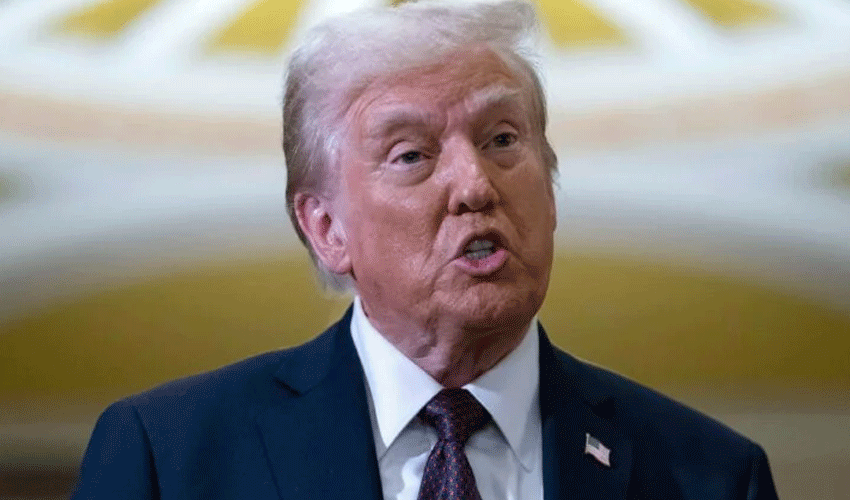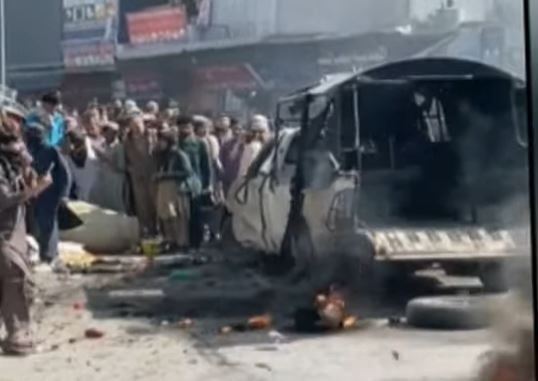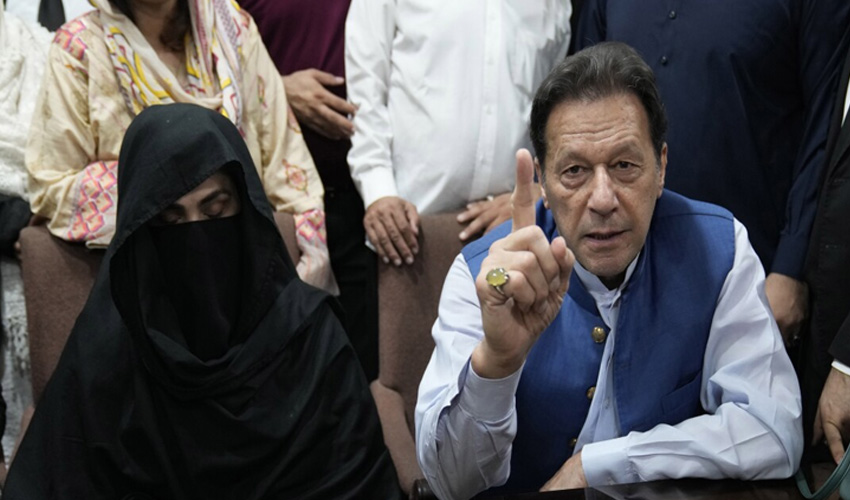The Islamabad High Court (IHC) on Wednesday denying bail to Pakistan Tehreek-e-Insaf (PTI) Vice Chairman Shah Mehmood Qureshi in cipher case directed that the trial be completed within four weeks.
Chief Justice Aamir Farooq heard the case and issued a written in which he ordered the Superintendent Jail to ensure that the dignity of the accused is maintained.
The court acknowledged the security concerns raised by Qureshi's family and highlighted that, as the head of a major political party, the PTI Chairman's presence in court could pose security challenges.
However, it emphasised that an open trial in prison does not mean an in-camera hearing.
The written judgment clarified that Article 248 of the Constitution, providing immunity, does not apply to the cipher case.
While recognising PTI Chairman Imran Khan's security concerns, the court stated that immunity under Article 248 applies only to criminal charges arising from official duties.
Earlier, Shah Mehmood Qureshi had challenged the post-arrest bail process and indictment in the cipher case.
Key revelations in cipher case
Meanwhile, in a crucial turn of events, a key witness in the cipher case testified on Samaa TV, revealing intricate details about the cipher in question.
The witness, a Cipher Assistant from the Ministry of External Affairs, disclosed the official number assigned to the cipher as I0678.
The witness stated that the cipher was received from Washington and provided insight into the handling of the message.
During cross-examination, the witness faced scrutiny from Shah Mehmood Qureshi's lawyer. The witness, identified as Nauman, admitted to decoding the cipher and storing it in the system.
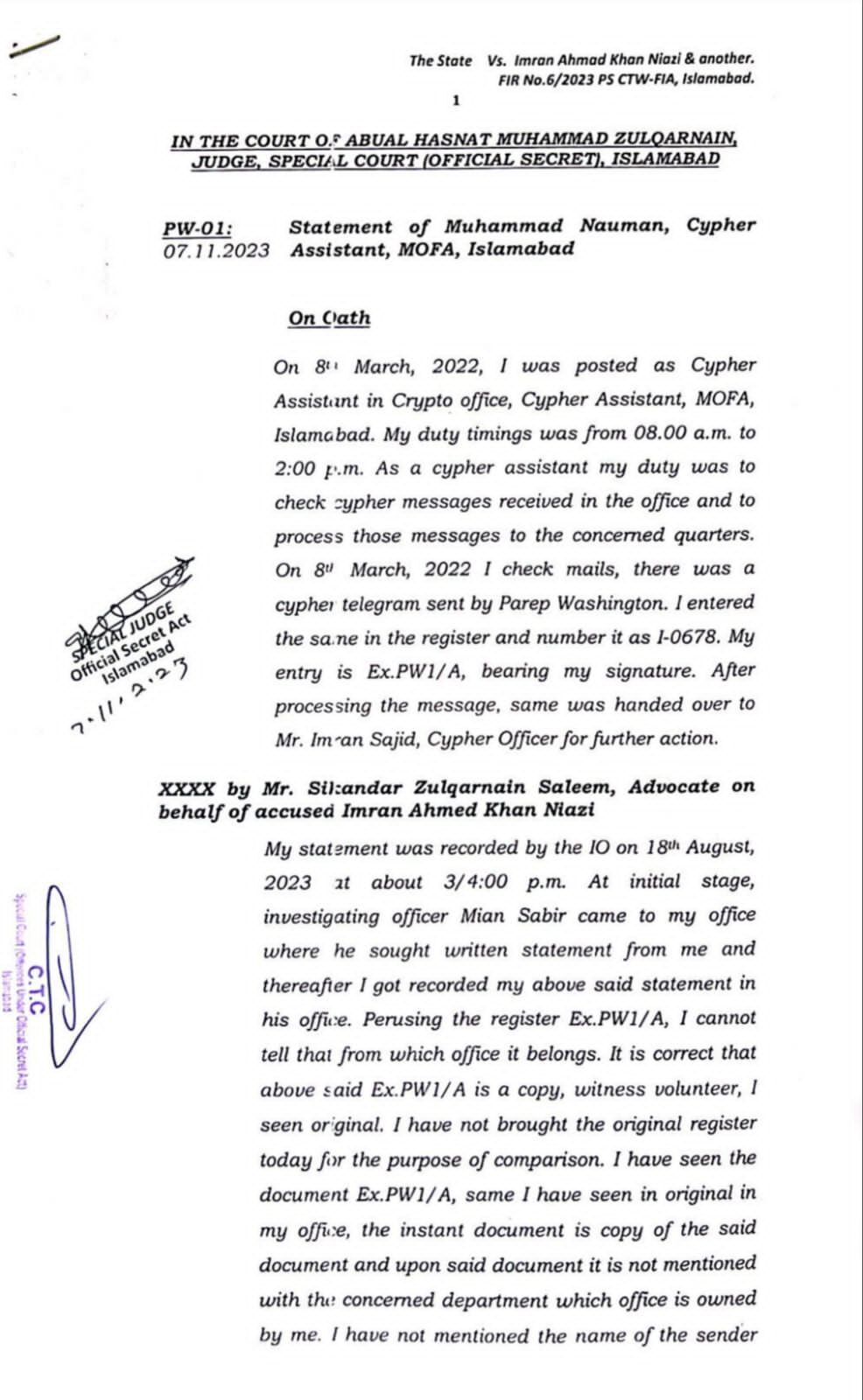
However, discrepancies arose as the lawyer pressed on the absence of the office register for comparison and the secrecy surrounding the decoding machine.
The witness, claiming adherence to secret rules and regulations, declined to disclose certain information in court. The lawyer also highlighted that the witness had never met the alleged sender, Shoaib Hafeez, raising questions about the credibility of the evidence.





